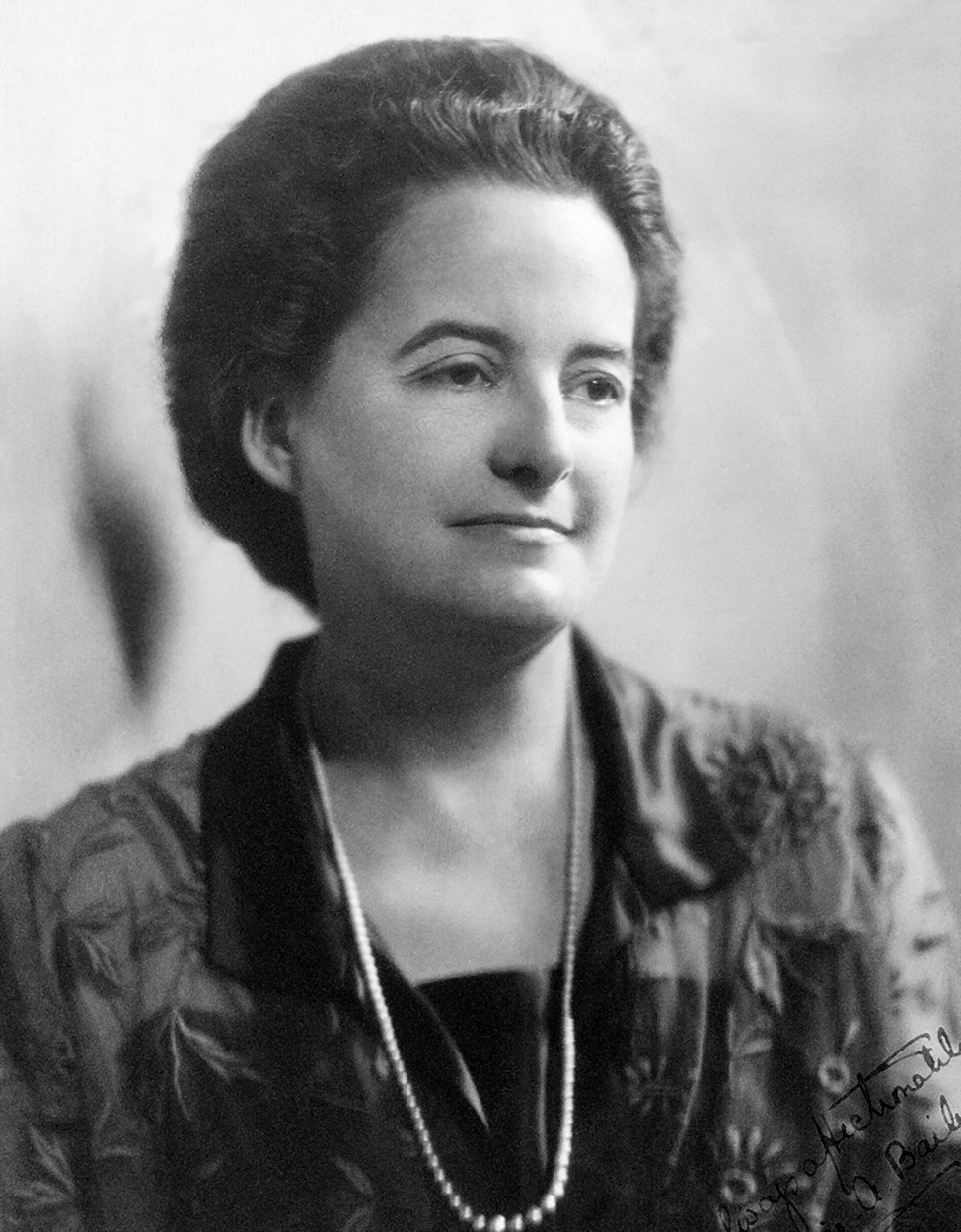Alice Bailey Frases y Citas
Alice Bailey: Frases en inglés
Fuente: Esoteric Healing (1953), p. 601
Fuente: The Unfinished Autobiography (1951), Chapter 6
Fuente: The Reappearance of the Christ (1948), Chapter III: The Reappearance of the Christ, World Expectancy
The Introduction
The Unfinished Autobiography (1951)
Fuente: Esoteric Healing (1953), p. 516
Fuente: The Unfinished Autobiography (1951), Chapter I, Part 2
Fuente: The Reappearance of the Christ (1948), Chapter IV: The Work of the Christ Today and in the Future
Fuente: Problems Of Humanity (1944), p. 29
Fuente: A Treatise on the Seven Rays: Volume 4: Esoteric Healing (1953)
“In the future, education will make a far wider use of psychology than heretofore. (12 - 84).”
Fuente: Education in the New Age (1954), p. 84
The Great Invocation (1945) http://www.lucistrust.org/en/service_activities/the_great_invocation__1
Adapted/alternative version of the Great Invocation http://www.lucistrust.org/en/service_activities/the_great_invocation__1/adapted_version_of_the_great_invocation
The Introduction
The Unfinished Autobiography (1951)
Fuente: The Unfinished Autobiography (1951), Chapter 6
Fuente: Education in the New Age (1954) p. 14
Fuente: The Unfinished Autobiography (1951), Chapter II, Part 1
The Unfinished Autobiography (1951)
Fuente: The Unfinished Autobiography (1951), Chapter V - Part 2
Fuente: The Reappearance of the Christ (1948), p. 324
Fuente: The Reappearance of the Christ (1948), Chapter IV: The Work of the Christ Today and in the Future, p. 64
Fuente: Esoteric Healing (1953), p.538
Fuente: The Unfinished Autobiography (1951), Chapter 6
Fuente: The Unfinished Autobiography (1951), Chapter V - Part 2
Fuente: The Unfinished Autobiography (1951), Chapter I, Part 1
Fuente: The Unfinished Autobiography (1951), Chapter I, Part 1
Fuente: The Reappearance of the Christ (1948), Chapter I: The Doctrine of the Coming One (Western Teaching), The Doctrine of Avatars (Eastern Teaching)
The Externalization of the Hierarchy (1957)
A Treatise on the Seven Rays: Volume 4: Esoteric Healing (1953)
Fuente: The Unfinished Autobiography (1951), Chapter IV - Part 1
Fuente: The Reappearance of the Christ (1948), Chapter VII
